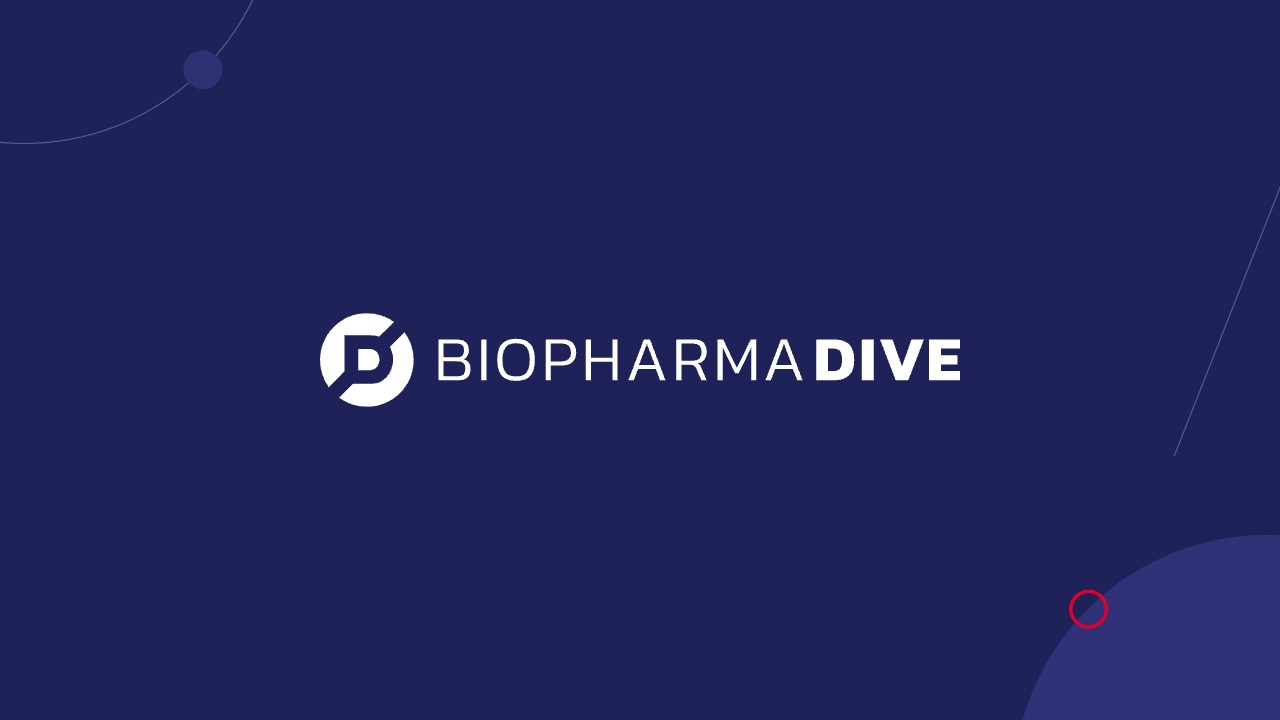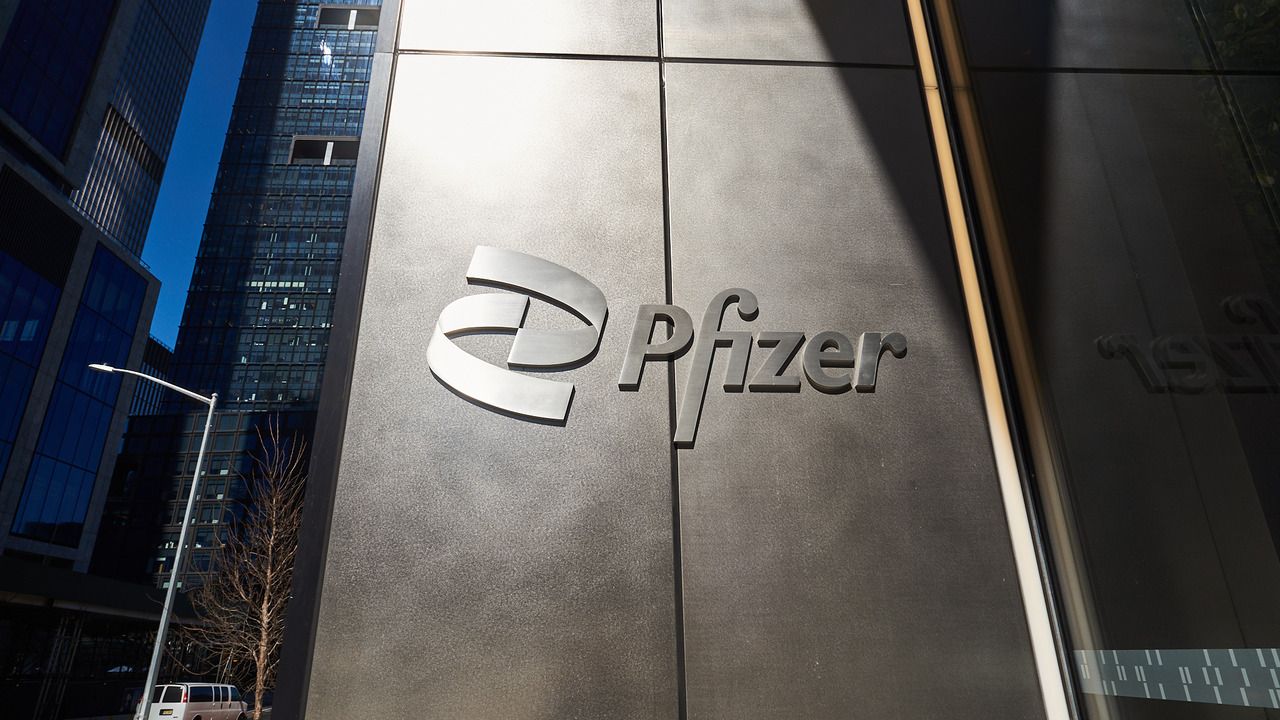[ad_1]

Trogenix has raised £70m ($95m) in Series A financing to help bring its “Trojan horse” cancer treatment into clinical trials, attracting the backing of a big pharma company in the process.
Scottish biotech Trogenix is developing a viral immunotherapy consisting of two therapeutic payloads for various cancers, with its lead programme focusing on glioblastoma, one of the most aggressive and treatment-resistant brain cancers.

Discover B2B Marketing That Performs
Combine business intelligence and editorial excellence to reach engaged professionals across 36 leading media platforms.
Eli Lilly joined the Series A as a new investor, along with private equity firms Capital and undisclosed private investors. European venture capital firm IQ Capital led the Series A with participation from 4BIO Capital; philanthropic institutions Cancer Research Horizons and the Brain Tumour Investment Fund also returned with backing.
The completion of the Series A marks a fast-moving year for Trogenix, which only emerged from stealth in November 2024. The biotech was founded by 4BIO Capital and Professor Steve Pollard as a spin-out from the University of Edinburgh to commercialise a targeted form of cancer therapy based on DNA docking stations.
Trogenix’s platform, called Odysseus, centres around synthetic super enhancers (SSEs), engineered DNA regulatory elements that are only activated in diseased cell states. These enhancers act as docking stations for transcription factors found in certain cancers, allowing for selective gene control. Trogenix then packages SSEs into adeno-associated virus (AAV) vectors along with therapeutic payloads which are directly injected into the tumour environment in what it calls a “Trojan horse” approach.
The payloads work together to fight the cancer and initiate immune memory. One produces an enzyme converting an oral prodrug into a cytotoxic agent, while the other generates interleukin-12 (IL-12) to stimulate an immune response against the tumour.
Trogenix already has its eyes on evaluating the platform in clinical trials. The biotech is targeting Q1 2026 for the first patient dosing with a glioblastoma candidate – the company’s lead programme. A follow-on programme in colorectal cancer liver metastases (CRCLM) is planned, while other aggressive liver and lung cancers will come later down the pipeline.
“This significant investment accelerates our lead programme in glioblastoma and follow-on programme in colorectal cancer liver metastases through the clinic, advances our pipeline in liver and lung cancers, and further enhances our Odysseus platform,” said Trogenix CEO Ken Macnamara.
Glioblastoma’s R&D limbo
The use of an AAV is an interesting strategy by Trogenix since these viruses are primarily employed in cancer treatment for gene therapy applications. However, the biotech’s focus on developing targeted cancer therapies aligns with a broader trend in the sector toward more selective targeting. Antibody drug conjugates (ADCs) are driving much of this direction, with big pharma companies spending billions of dollars on deals for candidates that covalently bond a monoclonal antibody with a cytotoxic drug.
While targeted therapies are showing promise in a range of cancers, glioblastoma has been left in a developmental limbo. Roche’s Avastin (bevacizumab) became the first US Food and Drug Administration (FDA) approved therapy for the cancer in 2009, but progress has since stalled. Many pharma players have opted to steer clear of the disease due to its aggressive nature – only 25% of patients survive beyond one year.
Iain Foulkes, CEO at Cancer Research Horizons, whose largest investment to-date is now in Trogenix, said: “As Trogenix advances into clinical trials for glioblastoma, one of the hardest to treat cancers, we’re pleased to support a team whose work could reshape therapeutic approaches and improve outcomes for patients facing the greatest need.”
[ad_2]
Source link










